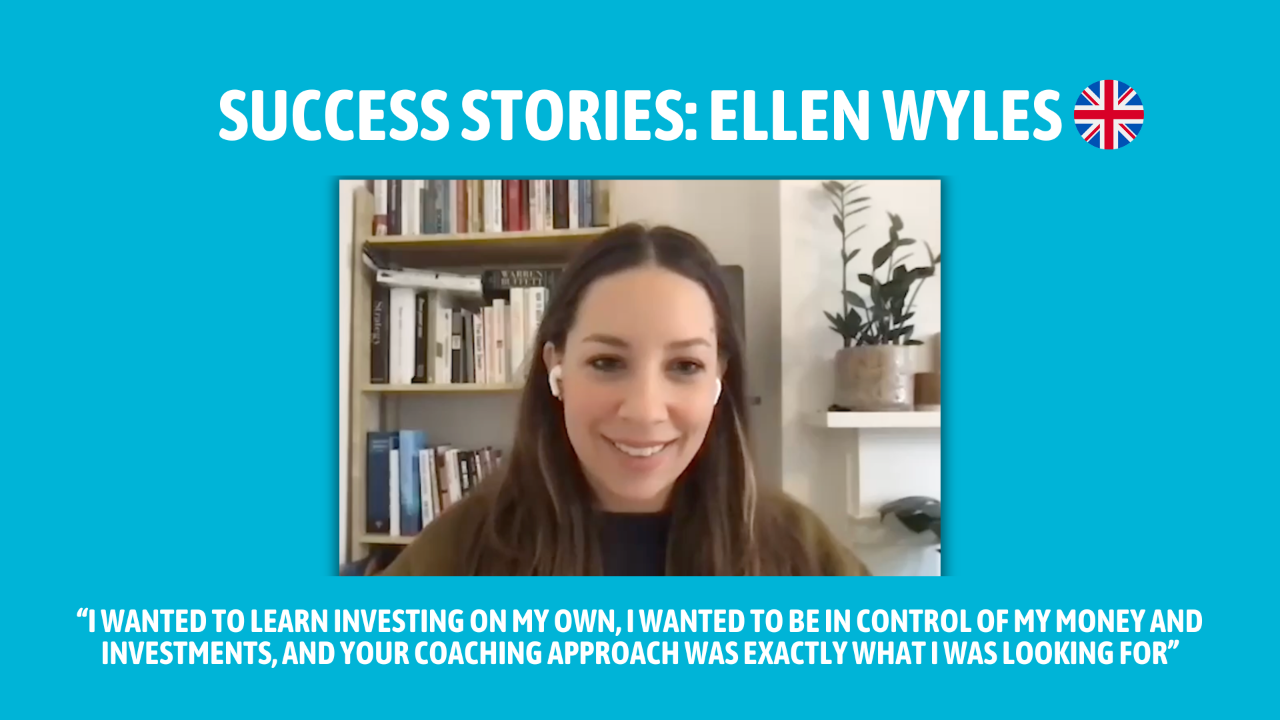
Should you invest in new stocks?
May 19, 2024Hello Stoic Investors,
Today I want to answer a question that my students often ask me:
Should I invest in new stocks?
When a new stock appears, it means that a private company is making its debut on the public stage through an Initial Public Offering (IPO).
This means that if a company is private, only a few people, like the founders and some investors, own shares of that company.
But when a company wants to grow and expand, it can choose to have an IPO.
During an IPO, the company offers its shares to the public for the first time.
It's like inviting everyone to become part owners of the company by buying shares.
These shares represent ownership or a small piece of the company.
When people buy shares during an IPO, they are investing their money in the company, hoping it will do well in the future.
And if the company succeeds and its value goes up, the shares they bought become more valuable too.
IPOs can be exciting because they give people a chance to invest in companies they believe in.
It's like getting the opportunity to be an early supporter of a company you think will be successful.
But to tell you the truth, you will probably lose a lot of money if you invest in one.
In fact, only few IPOs succeed.
The business landscape is very competitive and usually, after the hype dust settles, investors quickly realize that the road is harder and longer than the anticipated.
So, they sell.
And as the price drops, investors struggle even more.
But to be more precise, these are six reasons why IPOs aren’t as good as you might think.
1. Impulsive Decision-Making:
The Fear of Missing Out (FOMO) plays a significant role in tempting investors to jump into IPOs without careful consideration.
When a new stock enters the market, the buzz and hype surrounding its debut can trigger FOMO-driven impulses among investors.
However, making investment decisions based solely on FOMO can lead to overlooking critical factors such as the company's underlying fundamentals, market conditions, and long-term prospects.
2. Lack of Historical Performance:
Unlike established companies, IPOs often have limited or no track record of financial performance, making it challenging to assess their future prospects accurately.
3. Volatility and Price Fluctuations:
IPO stocks can experience significant price swings and volatility in the early days of trading.
According to a study by Renaissance Capital, IPOs in the U.S. between 2001 and 2020 underperformed the broad market by an average of 21% in their first three years.
4. Insider Selling:
After an IPO, company insiders such as founders and early investors often have the opportunity to sell their shares.
This can create downward pressure on the stock price, impacting investors' returns.
5. Overvaluation Risk:
IPOs often generate significant investor interest, leading to potentially inflated valuations.
According to a study by Jay Ritter, a finance professor at the University of Florida, IPOs from 1980 to 2019 had an average first-day return of around 18%, indicating potential overpricing.
6. Lack of Information Transparency:
Newly public companies may have limited public disclosure, making it challenging for investors to thoroughly evaluate their financial health and long-term prospects.
That being said, I think it’s better to see and wait if the new stock (and the underlying business) is actually doing well before you jump into it.
You can always grab it later!
So, Note down these three key points and start investing today:
1. An IPO is like a special event where a private company decides to become a public company.
2. In reality, few IPOs succeed.
3. IPOs in the U.S. between 2001 and 2020 underperformed the broad market by an average of 21% in their first three years.





